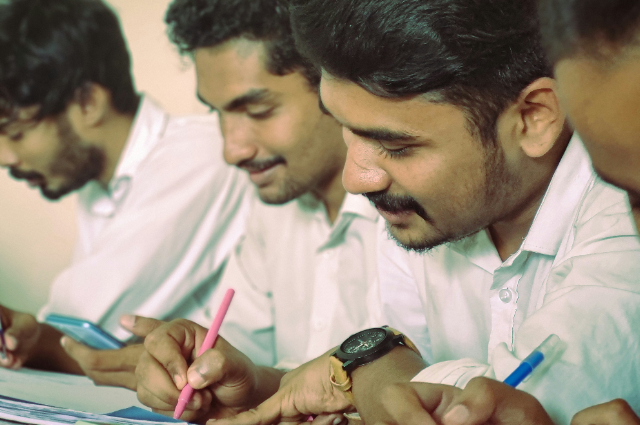
Photo by Aswin Thomas Bony on Unsplash
Recent Developments in Haldia
The Enforcement Directorate (ED) conducted a search operation in Haldia, located in Purba Medinipur as part of an investigation into a corruption case related to medical college admissions. This operation is part of a broader crackdown on alleged corrupt practices in the admission processes of various private medical colleges throughout the state.
Scope of the Investigation
The ED has been actively raiding several private medical institutions, not only in Haldia but also in other cities such as Durgapur and Kolkata. These raids are aimed at uncovering fraudulent activities associated with medical college admissions. Reports indicate that individuals involved in this scheme submitted fake certificates to secure spots in medical colleges often in exchange for substantial sums of money.
Judicial Concerns
The seriousness of this issue has caught the attention of the judiciary. In September, the Chief Justice of the Supreme Court voiced his concerns regarding the widespread corruption linked to MBBS admissions. Alarmingly, investigations have revealed that similar quota corruption cases have been reported in 28 different locations across the country by highlighting a universal problem within the medical education system.
Awaiting Further Information
As the investigation unfolds, more details are expected to emerge regarding the extent of the corruption and the individuals involved. The ED's actions signify a crucial step towards addressing and potentially resolving these unethical practices that undermine the integrity of medical education and admissions.
The Admission Process: An Ethical Challenge in Education
Professional colleges in India and beyond often rely on entrance tests for admissions. However, this system has been exploited by corrupt educational institutions to generate profit. Such institutions conduct exams not as a measure of merit but as a revenue source. Alongside this, the coaching industry thrives by charging exorbitant fees under the pretext of preparing students for these exams. Furthermore, many private schools and colleges demand hefty sums under the pretext of "donations" to secure admission under management quotas. This unethical practice undermines the integrity of the education sector and creates barriers for deserving students.
Private Tuitions: Undermining Education and Equity
The rise of private tuition has had a detrimental effect on students’ holistic development and creativity. A concerning aspect is that many private tutors are mainstream teachers who, instead of fulfilling their primary responsibilities focus on private classes. This dual role not only compromises their dedication to school duties but also erodes the respect traditionally accorded to teachers. Private tutoring creates inequalities in classroom learning by leading to disparities in educational outcomes. The excessive reliance on private tutoring drains financial resources and continues systemic inequality by labelling it as a corrupt practice with far-reaching consequences.
Examination Malpractices: A Crisis of Integrity
Cheating and other forms of malpractice during examinations erode the foundation of educational merit. Students resort to bribery, nepotism, political influence, and threats to manipulate results, obtaining degrees through unethical means. Practical exams and internal assessments, which should evaluate genuine skills, often fail to maintain credibility due to widespread fraud. This misuse of the evaluation system discourages talent, promotes complacency, and contributes to the inefficiency of an already flawed educational framework. Addressing these issues is critical to restoring the credibility and effectiveness of the education system.
The Challenges of Student Scholarships in India: Corruption in the Scholarship System
The scholarship system for students in India is facing significant challenges, particularly due to corruption and the presence of fraudulent nominees. This issue undermines the very purpose of scholarships which is to support deserving students in their educational pursuits.
A Shocking Case in Barabanki
A recent case from Barabanki district in Uttar Pradesh has brought this problem to light. A court sentenced the principal of a school to life imprisonment for misappropriating scholarships intended for Scheduled Caste students. This incident is not an isolated one; it reflects a troubling trend where individuals exploit the scholarship system for personal gain by depriving deserving students of essential financial support.
Widespread Corruption
Numerous similar cases have been reported across the country by indicating a prevalent culture of corruption in the distribution of student scholarships. These incidents not only affect the students who rely on these funds but also erode public trust in educational institutions and government systems meant to protect and promote equality.
The Need for Reform
Addressing this issue requires urgent reforms in how scholarships are managed and distributed. Implementing stricter oversight and accountability measures could help ensure that scholarships reach the students who truly need them. It is crucial to create a transparent system that can effectively combat corruption and safeguard the interests of vulnerable student populations.
. . .
References:
